With regards to the arts, these three months have been an exquisite mixture of reading quality fiction (11 texts in all), viewing some great movies on the big screen, and watching some excellent series on the small screen. Viewing and watching is always great at this time of the year as the world moves toward ‘Oscar season’. There has to be a silver ling to having to take so much ‘time off’ because of Covid confusions and cancellations.
BOOKS
Of the 11 novels I’ve read in the past three months, two have been eagerly-awaited ‘next’ novels by authors whose previous work has bowled me over – both A Little Life by Hanya Yanagihara and Shuggie Bain by Douglas Stuart have been amongst the best books I have read in my adulthood. I will start with their new novels.
To Paradise by Hanya Yanagihara. This ambitious, mammoth novel is excellent. Presented as three inter-linked novellas, all set largely around Manhattan, it presents characters in various degrees of crisis and chaos: personal crisis (set amidst in an alternative history of the late 19th century and reminiscent of a Henry James novel); community crisis (set amidst the AIDS epidemic of the late 20th century and reminiscent of Michael Cunningham’s The Hours); and international crisis (set in a world dominated by pandemics and totalitarian governments and reminiscent of Orwell’s 1984). Yanagihara is a brilliant story-teller but she is equally adept at making both surface and deeper feature links between the three worlds for the reader to consider. The power of her previous novel (A Little Life) has stayed with me over the nine years since I first read it, so I have hung out for this book. It didn’t have the same emotional impact that A Little Life had on me, but I admired it immensely as a novel of ideas, and would highly recommend to serious readers.
Young Mungo by Douglas Stuart. Ever since reading Shuggie Bain, I have hung out for Stuart’s follow-up novel. In many ways, it didn’t disappoint. It is set within the same 90s, Glaswegian, working class context as Shuggie Bain – with even more extreme versions of violence, horror, abuse, prejudice and possibilities for love abounding – but unlike Shuggie Bain, its focus is on story-telling rather than on atmosphere. But what a story it tells! Alternating between two inter-linking stories, it had me immersed until the end. And praying desperately that love would prevail. But does it? Some reviewers have criticised this novel for Stuart’s over-writing – his inclusion of unnecessary detail and extraneous social commentary. And I can see this. but it is still an incredibly powerful novel and I now hang out for his third book.
The Lincoln Highway by Amor Towles. This is a hugely entertaining novel. A road-trip (from Nebraska to New York) story set in 1954, it is almost old-fashioned in its dedication to quirky characters and high adventure, told in a jaunty and easy-to-read style. Apart from a few dark shadows that hang over the final chapters, the mood of the book is almost always bright and optimistic. It took me into another world, and I recommend it highly.
Hell of a Book by Jason Mott. I read this book because it had won the American National Book award for fiction. I can see why it did. It is both playful and serious and ultimately a love story – learning to love oneself no matter the colour of one’s skin or one’s circumstances. It is a Black author’s conversation with a Black kid (who has been shot) as he tours the States promoting his novel entitled Hell of a Book. It is profound and powerful as another perspective on the Black experience in the States today.
Olga Dies Dreaming by Xochitl Gonzalez. This page-turner of a debut novel is all about liberation – liberation from the American dream of monstrous wealth, from crushing family-ties, from closeted sexuality, from self-exposed expectations. Although, ostensibly, a political story set between Brooklyn New York and Puerto Rico, it is also a love story as characters grow to love themselves and each other. I thoroughly enjoyed this fast-moving and well-told novel and highly recommend it.
Lily by Rose Tremain. This is a melodrama, with an equal blend of Oliver Twist and Jane Eyre. It is, like all of Rose Tremain’s novels, also a rollocking read and seems like a natural successor to her previous novel Islands of Mercy. Its up-and-down tale of orphaned Lily – who we learn has committed a murder on page 1 – had me enthralled from the beginning. I was longing for a happy ending.
7 ½ by Christos Tsiolkas. This novel is auto-fiction at its extreme. Tsiolkas (an Australian novelist who is on my must-read list) not only tells his own story (set on the Queensland coast where he moves presumably during the pandemic to write in isolation) but layers it with memories of childhood (what makes him both the man and the writer that he is) and the plot-line of the novel that he is currently writing. All layers beautifully and skilfully inter-link as he explores the concept of Beauty within an ugly world. Not an easy read – there’s a great deal of detail and description – but a very satisfying one. Why 7 ½ ? Presumably because it’s his 7th novel, just as Fellini titled his 8th film 8 ½ .
Case Study by Graeme Macrae Burnet. This highly entertaining novel is on one hand an engrossing portrait of 1960s bohemian/counter-culture London, but it is also an exploration of reality, sanity and identity. Fictional characters (so closely drawn that I had to google them to see if they existed) rub shoulders with real personalities such as R.D. Laing, Dirk Bogarde and Paul McCartney as we move toward the ‘truth’ about a charismatic but highly unlikeable psychotherapist and one of his female patients. Who are they really?
Cloud Cuckoo Land by Anthony Doerr. This is an epic, complex but highly readable and enjoyable novel. What a story-teller Doerr is! He cleverly links three separate stories – one set in 15th century Constantinople; one in contemporary America; one in a 22nd century spaceship – around themes evoking the power of books and story-telling, technology and eco-terrorism. I marvelled at how the deep and sometimes esoteric mingled beautifully and easily with the everyday and sometimes trite. I am the only person I know who did not engage deeply with Doerr’s previous novel, All the Light We Cannot See; but this powerful novel absolutely makes up for that for me. I highly recommend it for its story-telling and its ideas.
Paradais by Fernanda Melchor (translated by Sophie Hughes). This slim but dazzling novel depicts the horrors of living in poverty (both financial and emotional) in northern Mexico. Two desperate and rather sad teenage boys daydream (and enact?) how they might escape from their poverty-stricken worlds as the book races toward a devastating conclusion. Its rawness and toughness will not be for everyone, but it swept me up on its fast-moving journey.
Glory by Noviolet Bulawayo. This novel – part fable, part satire – came about because the author tried to write about political happenings in her native Zimbabwe (especially the overthrow of Mugabe and the onslaught of an even more vicious regime) as non-fiction. But she was unable to sufficiently remove herself emotionally to do so. Hence she turned to Orwell’s Animal Farm, representing all characters as animals rather than people, including Trump as the ‘orange baboon’!! She does this brilliantly, proving herself to be a taut story-teller who can utilise both traditional and non-traditional (such as Twitter) narrative forms. She includes, however, one of the most powerful and harrowing descriptions of genocide that I have ever read in a novel. It hit me in the stomach. Sadly, very pertinent in today’s world.
MOVIES
These are the movies that I have seen on the big screen over the past three months, mainly at our intimate little cinema on Waiheke.
CODA. This is a beautifully made feel-good movie featuring the lives and aspirations of a deaf family in Massachusetts. I liked and enjoyed it very much. But I was surprised that it was awarded the Best Picture accolade at the recent Oscars – I look for greater depth in a best picture.
King Richard. I viewed this before the Will Smith incident at the recent Oscars and who knows how I would have felt about it if I had viewed it after the incident. As it was, I really liked this movie about Richard Williams fighting tooth-and-nail to ensure that his family rises above the black ghetto. Of course, his family includes Serena and Venus and their ‘way out’ will be tennis. But the story is not straight-forward – there are barriers along the way that are beautifully nuanced. And despite his Oscar antics, Will Smith is brilliant and well deserved his Best Actor Oscar.
Parallel Mothers. I love the movies of Spanish film-maker Pedro Almodovar, and although this film is not my favourite, I still liked it a lot and found it very moving as well as beautiful to look at. This is possibly because its almost predictable story-line (of babies mistakenly swapped at birth) is cleverly underpinned by a very sad tale from the Spanish Civil War. As usual, Penelope Cruz is spectacular.
The Eyes of Tammy Faye. This is a great story – the rise, fall and redemption of Tammy Faye Bakker – and I did not expect to like it as much as I did. I only went to see it because its star (Jessica Chastain) had won the Best Actress Oscar and I wanted to see if she was as good as others had said. She was! As was Andrew Garfield playing her husband Jim. But what surprised me was how much I felt for Tammy Faye – the naivety with which she walked into corruption.
Licorice Pizza. I went to see this movie because I have loved some of Paul Thomas Anderson’s previous movies, especially Boogie Nights and Magnolia. But as good as this tale of first/young love was in many ways, it didn’t engage me as his other movies had. Despite the well-depicted period (1970s) and very nostalgic music, I wanted more depth from this quirky movie.
Belfast. Others have criticised this bio-pic from Kenneth Branagh – his family’s experiences during the late 60s troubles in Belfast – for being too sentimental and not realistic enough. I do not agree with this criticism for the story is told through a child’s eyes. It is not intended to be a docu-drama of the times. As such, I found it to be moving and engaging.
HOME-VIEWING
The following are the Netflix/Prime/Neon/Apple series that I have particularly liked over the past three months.
American Rust. Based on the great novel by Phillipp Meyer and set in the American Rust Belt, this nine-episode series depicts a tattered version of the American Dream as a has-been police chief and the woman he loves work to protect her son from a murder he has been falsely accused of. it is very reminiscent in tone to Mare of Easttown.
Inventing Anna. This four-part fictionalisation of a journalistic investigation into Anna Delvey – the German heiress who rose to the top of the New York social scene but stole everyone’s money at the same time – is fascinating. Who doesn’t like to be a voyeur into the world of the rich and famous, especially if it’s starting to fall apart?
Gloria. I love a political thriller and this ten-episode series does not disappoint. Set in Portugal in the 1960s, at the height of the Cold War, this intricate thriller sways between both American and Soviet operatives through the eyes of a clever and charming local who has become highly politicised in the spy game.
Slow Horses. This is another political thriller (5 episodes) but set in London in contemporary times. Gary Oldman, playing the seediest MI5 agent one could ever imagine, heads a team that is fighting both external corruption (far-right nationalism) as well as internal corruption within the agency. After a relatively slow start (episode one), it had me on the edge of my seat. Quality British writing, based on the Jackson Lamb novels by Mick Herron.
Incidentally, loving this series so much inspired me to re-watch Alec Guinness playing George Smiley as an investigating MI5 agent in Tinker Tailor Soldier Spy and Smiley’s People. I first watched these series in the early 1980s and I wanted to see how they ‘stood up’ without today’s film-making technology. Brilliantly. It’s all about rich story-telling and great acting.
Jimmy Saville: A British Horror Story. I have zero interest in Jimmy Saville (the famous UK celebrity from the 1960s-90s) and even less knowledge of him. But friends had advised me to watch this two-part documentary as an expose of pure evil in a well-known figure. Even more fascinating was how he ‘got away’ with his wide spread paedophilia for so long.
The Outlaws. This six-episode comedy/crime/drama series is hugely entertaining. As seven strangers from different walks of life are undertaking a community payback sentence in Bristol for various crimes they have committed, an ugly ‘outside’ incident occurs that forces them to come and work together for survival. To me, Jessica Gunning steals the scene as the wanna-be warden.
The Tender Bar. This beautiful and smart coming-of-age movie (made for Amazon) is directed by George Clooney and stars Ben Affleck at the height of his powers. Fatherless JR looks to his bar-tender uncle (Affleck) for guidance on how to become a man and how to become a writer. This movie, set in the 1970s and 80s. made me feel good.
Landscapers. This four-parter, based on the lives of a real couple, is quirky. But quirky in a good way. A devoted and mild-mannered British couple (brilliantly played by Olivia Coleman and David Thewlis) become the focus of an extraordinary investigation when two dead bodies are discovered in the back garden. Right from the beginning, one asks: are these people actually who they seem to be? Not a straight-forward telling of a story, but it works beautifully.
The Gilded Age. This dazzling 9 episode series is Downton Abbey set in 1890s Manhattan. Its emphasis is on glamour and story-telling rather than rich characterisation. But it is very entertaining and I always looked forward to the next episode.
Pachinko. I am currently watching this family saga set in both Korea and Japan as it chronicles the hopes, dreams and disappointments of three generations. Story-telling at its best, and who knew how cruel that Japanese were to the Koreans. And I love the title song as sung over the credits. I’ve seen six episodes so far; and I’ve got three to go.
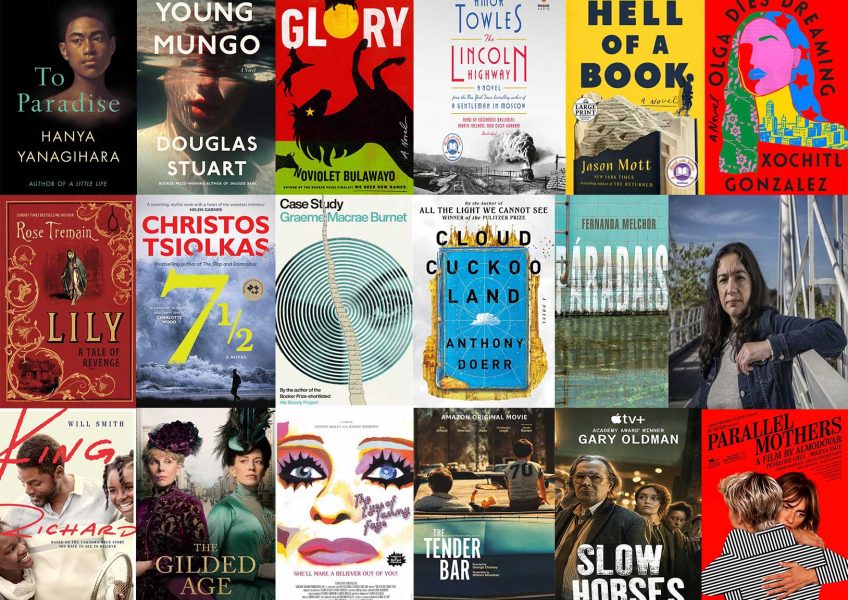
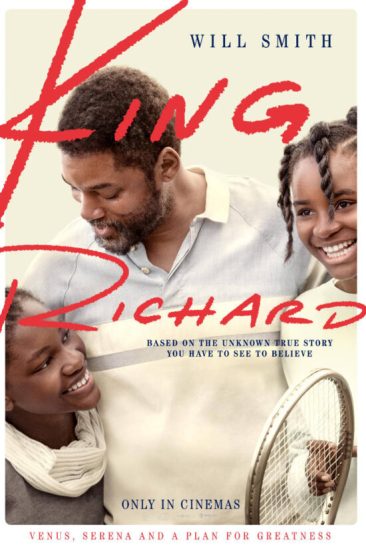
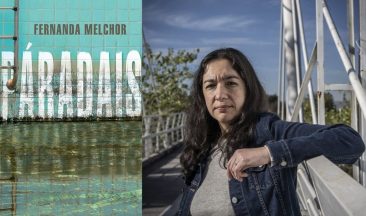
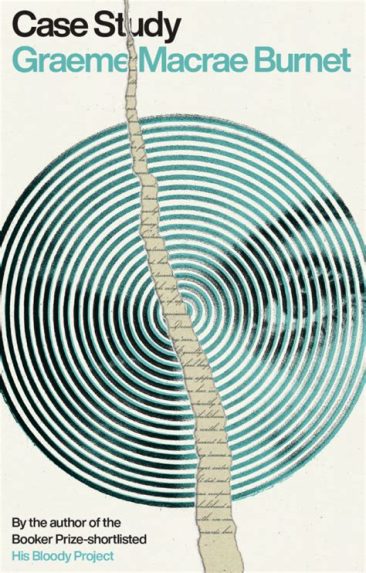
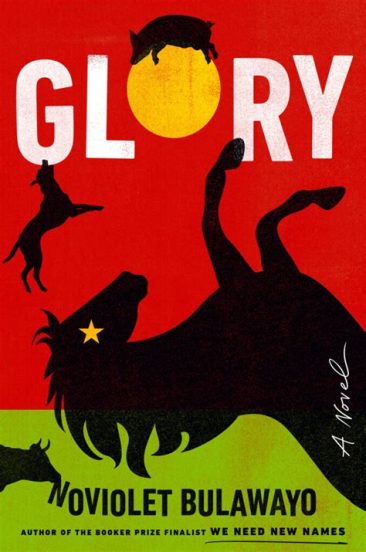
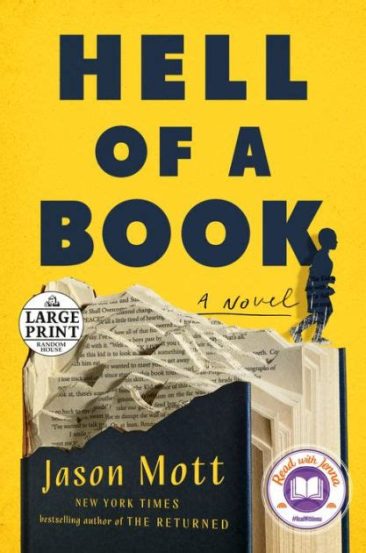
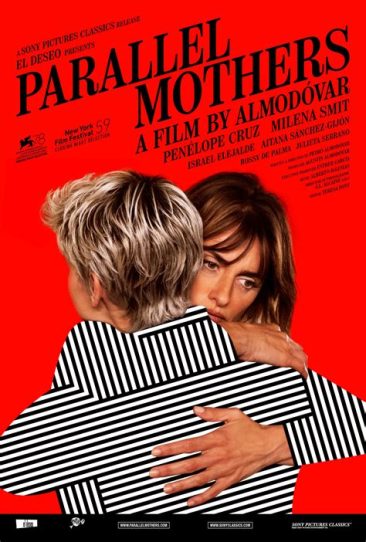
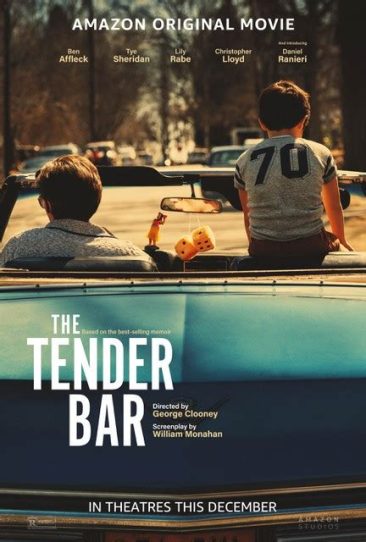
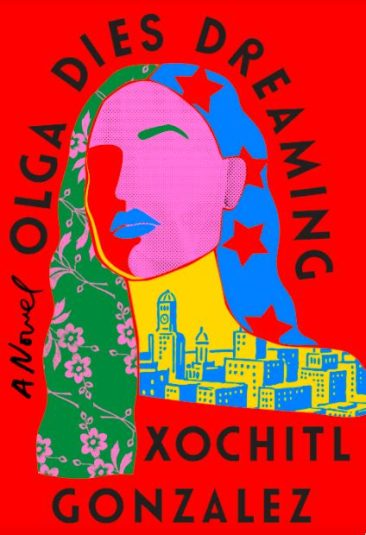
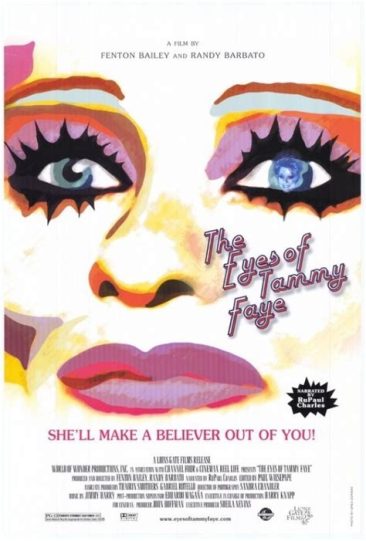
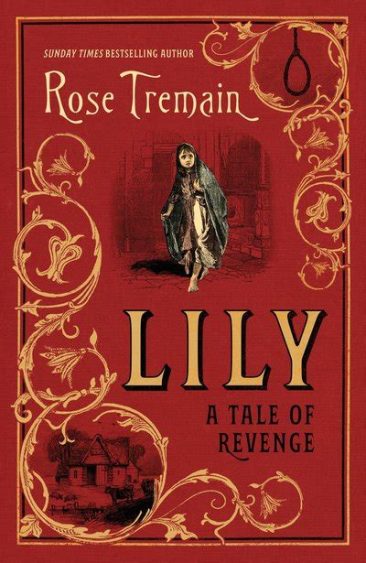
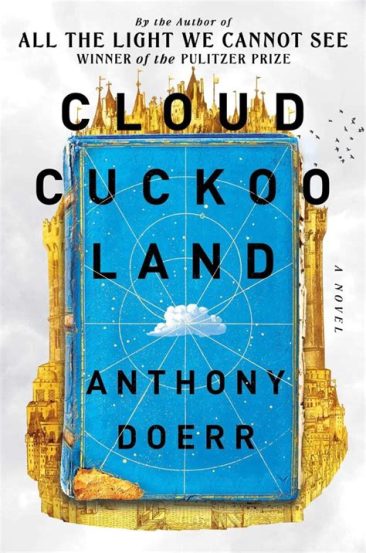
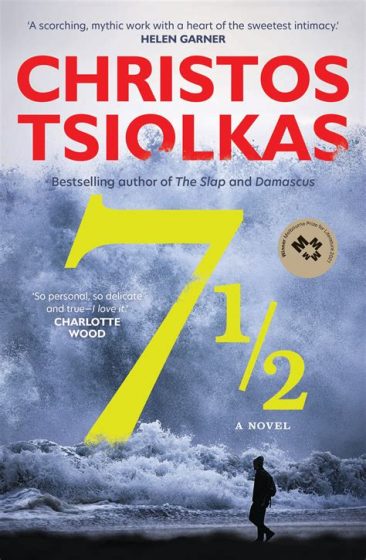
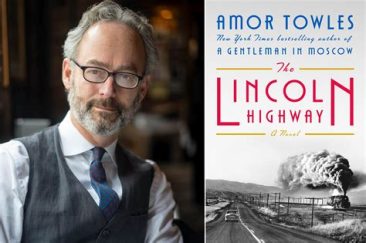
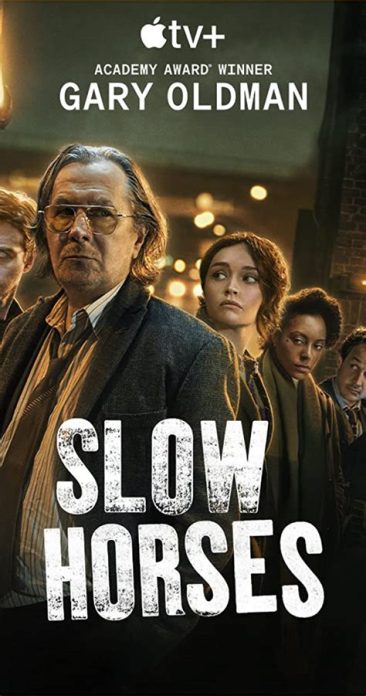
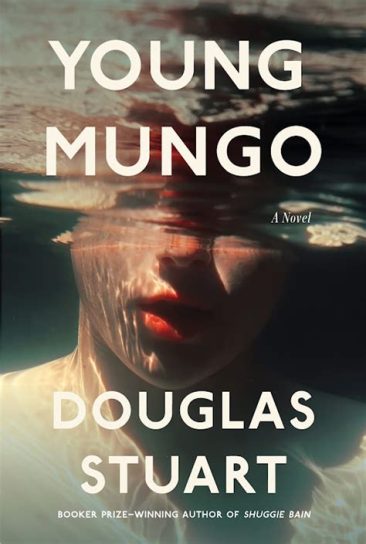
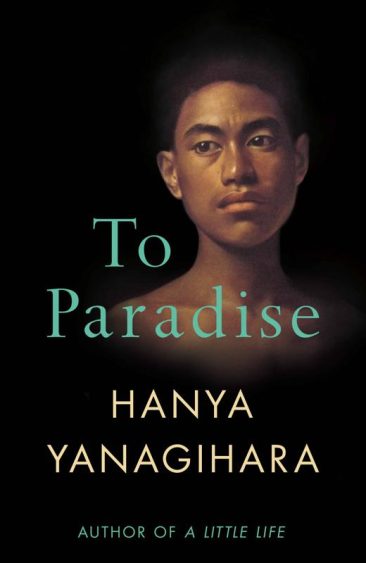
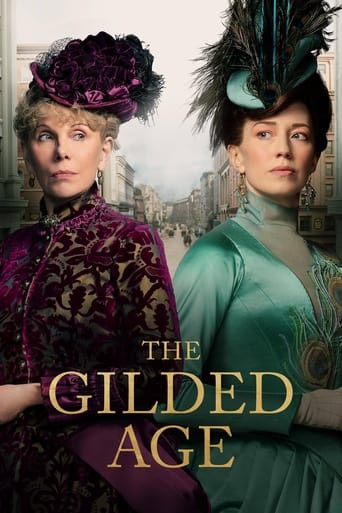
pdooge
It’s always interesting reading your reviews and suggestions Murray. Thanks for taking the time to write this up.